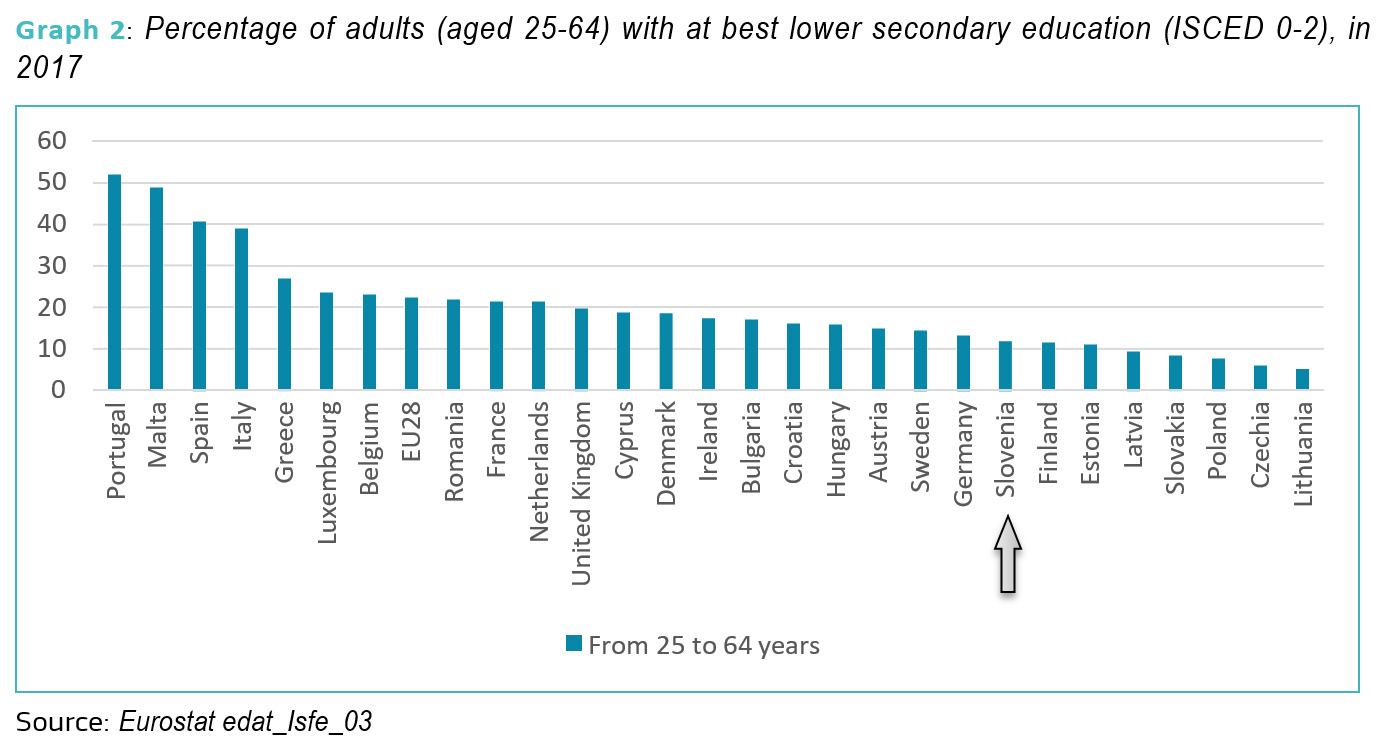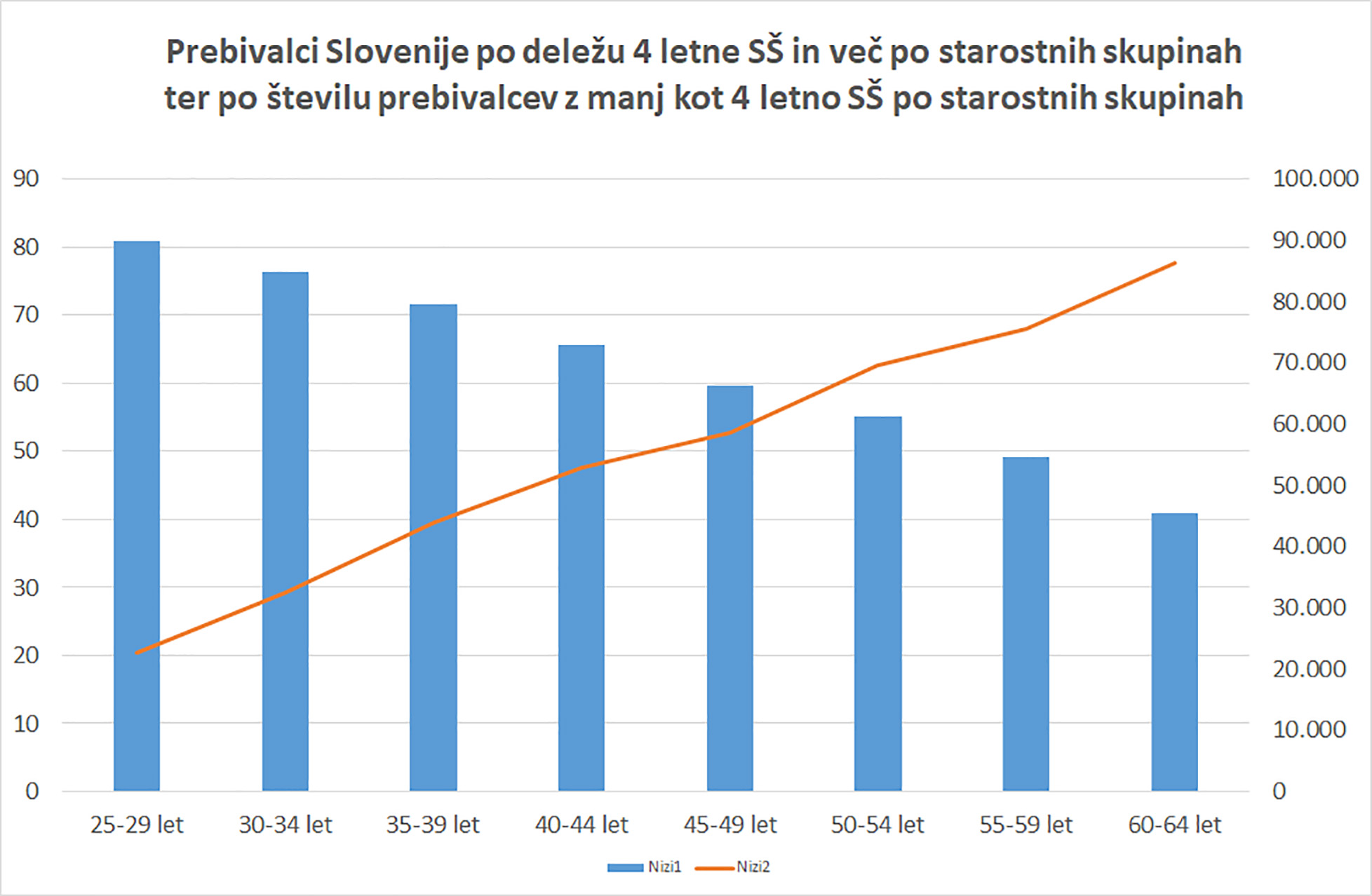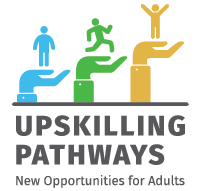
Identifying beneficiaries
Upskilling pathways aim to assist the adults who currently struggle with literacy, numeracy or digital skills or who did not complete their upper secondary education, representing a large and heterogeneous target group of 61 million. They may be in employment, unemployed or economically inactive, with a need to strengthen basic skills and other key competences.
There are significant differences in the levels of educational attainment between and within Member States. The proportion of adults with only the lowest level of qualification (ISCED 0-2), which includes people with less than primary, primary and lower secondary education, ranges from as high as 52% in Portugal to as low as 5% in Lithuania. In Slovenia this proportion is 12%.
Depending on national circumstances, available resources and existing national strategies, Member States may define priority target groups for this initiative – these are either all adults who lack basic skills or citizens at large or specific subgroups, such as young adults not in education, employment or training (NEETs), unemployed people with low levels of qualification, people in employment, including people employed in small and medium-sized enterprises, older people – employed or unemployed, non-EU migrants, people not actively seeking employment, prisoners, Roma people, women, people with disabilities, adult education staff, tutors, coordinators and managers etc.
For Slovenia, the target group of most current measures/projects related to the UP Recommendations comprises all adults who lack basic skills with special emphasis on low-skilled and low-qualified employees, aged 45+.


© 2019 Slovenian Institute for Adult Education. Legal notice | Privacy statement
Editor: Zvonka Pangerc Pahernik, MSc, design: David Fartek, computer solution: Franci Lajovic
